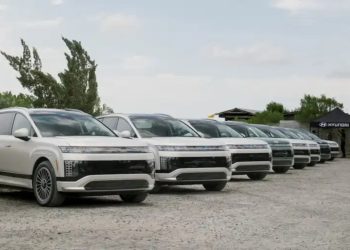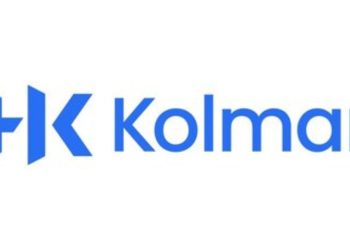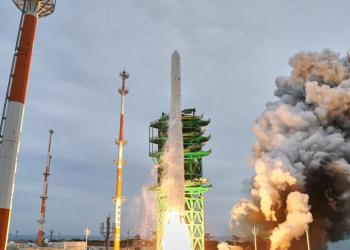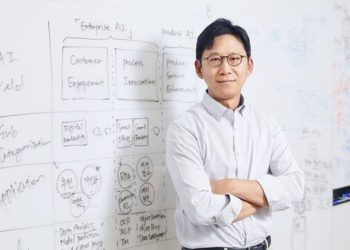South Korea has unveiled a plan to invest 3 trillion won (approximately $2.26 billion) in the sector by 2030, collaborating with private enterprises. The initiative, outlined by the Ministry of Trade, Industry and Energy, aims to serve a dual purpose.
First, it aims to strengthen the nation’s manufacturing capabilities for crucial robot components, with a targeted increase in local sourcing from the current 44 percent to an impressive 80 percent by 2030. Second, the plan envisions cultivating a substantial workforce, aiming to foster 15,000 experts in the rapidly evolving field of robotics.
The government plans to facilitate the production of 1 million high-tech robots. As part of this initiative, the Ministry of Trade, Industry and Energy has unveiled the ‘4th Intelligent Robot Basic Plan (2024-2028),’ emphasizing the enhancement of local production for core robot parts.
South Korea will be eliminating approximately 50 regulatory obstacles promptly. It aims to cultivate an environment conducive to the unrestricted development of the robot industry. The imminent removal of regulatory hurdles is part of a vision to diversify the utilization of robots across key sectors, including agriculture, logistics, defense, and healthcare.
Aligned with the ‘Vision and Strategy for the Advanced Robot Industry’ unveiled in December, the plan encompasses specific measures. It outlines a strategy to catalyze new businesses in robotics, with an investment exceeding 3 trillion won through public and private collaborations by 2030.
Integral to this vision is the establishment of robot-friendly infrastructure and the implementation of ethical guidelines governing the development and utilization of robots.
Anticipating a profound economic impact, South Korea envisions expanding its robot industry, targeting an increase from 5.6 trillion won in 2021 to a robust 20 trillion won by 2030. For such growth, the government plans to boost innovation, stimulate local production, and rapidly expand its workforce in the dynamic field of robotics.
There will be enhanced collaboration with robot demand companies, involving their active participation in the development process to expedite the commercialization of core technologies. Concurrently, measures are underway to nurture a pool of over 15,000 skilled robotics professionals by introducing a robot convergence course at the Robotics Graduate School and industry-academic projects. A dedicated robot training center in Gumi, Gyeongsangbuk-do, will further contribute to building a highly competent workforce.
The government is also streamlining regulatory processes. Rapid improvements to 51 regulations deemed essential for promoting and distributing advanced robots are underway. Simultaneously, support for necessary verification and distribution processes is being provided. Cooperation channels between governments are expanding, enabling these companies to build substantial track records in the domestic market and venture into overseas territories.
An investment of about 200 billion won will establish a ‘National Robot Test Field,’ facilitating verifying stability and reliability during development, thus expediting rapid commercialization. The Ministry of Trade, Industry, and Energy announced that it would support public-private cooperation in realizing the K-robot economy. In this vision, South Korean robots catalyze change across industries and daily life, fostering economic innovation.
Also Read:
- 2047 Roadmap : Yoon Suk Yeol Extends Tax Incentives in Pledge to Propel Semiconductor Sector
- Korean Government Unveils KASA, Aiming for 10% Share in Global Aerospace Market
- SK On and Ford’s EV Partnership: Adapting to Market Realities
- Hyundai Motors Takes Flight: Supernal Electric Air Taxi Aims for 2028 Launch
- Samsung’s Vision Unveiled: AI for All and Sustainable Innovations at CES 2024







